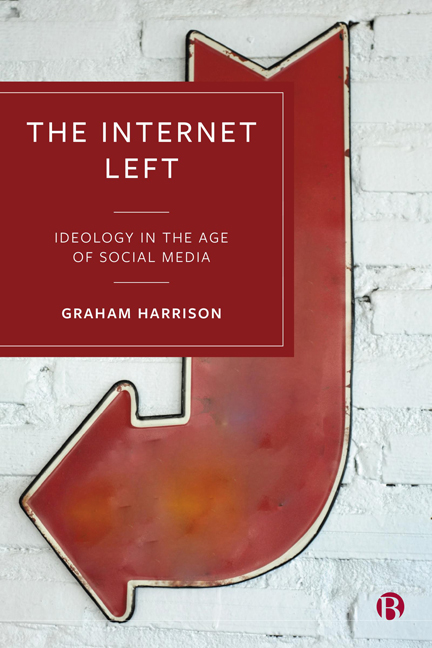Book contents
1 - Introduction
Published online by Cambridge University Press: 03 April 2024
Summary
[Marxism] is an almost subterranean tradition which cannot be defined institutionally and finds organised expression only fleetingly in periods of special stress.
The choreography of Twitter
I joined Twitter in order to get a stream of tweets letting me know about new research activity and press on various East African countries. I followed individual researchers and research centres in Europe and East Africa and was daily reminded that there was a fantastic amount of activity which I needed to keep up with.
One of my countries of interest was Rwanda. As I checked my stream, I followed more people, especially Rwandans that I was interested in interviewing. And then, gradually, things began to change. Anyone who has researched Rwanda will be familiar with the fact that commentary on the country’s prospects is extremely contentious and that a lot of this contention is hosted within Twitter and other social media. Some of the people I followed were constantly attacking critical commentators, often in ways that were hyperbolic and rather nasty. It came to seem, at times, choreographed. A certain well-known professor (Rwanda specialists will know who this is if they have Twitter accounts) would post a critique of some aspect of the government’s human rights record and immediately elicit a thread of hostile responses in which he would be accused of being imperialist, a genocide apologist, or senile. I could read this professor’s posts and pretty much guess the content of the responses. Furthermore, the endless repetition of this call and response made me realise that it served no purpose at all. Neither side changed their views.
I remained on Twitter and, as my research interests changed, I started to follow a clutch of socialist commentators who were active on the platform providing commentary on contemporary affairs, largely in the UK. These accounts connected to a set of associated news sites, blogs, podcasts, YouTube accounts, and research papers. They allowed me to connect to lively and seemingly diverse socialist positions during a time (around the time Corbyn was elected leader of the Labour Party) when it was possible to hold on to some slender hope that some move away from the political and economic stagnation of neoliberalism was possible.
- Type
- Chapter
- Information
- The Internet LeftIdeology in the Age of Social Media, pp. 3 - 9Publisher: Bristol University PressPrint publication year: 2023



